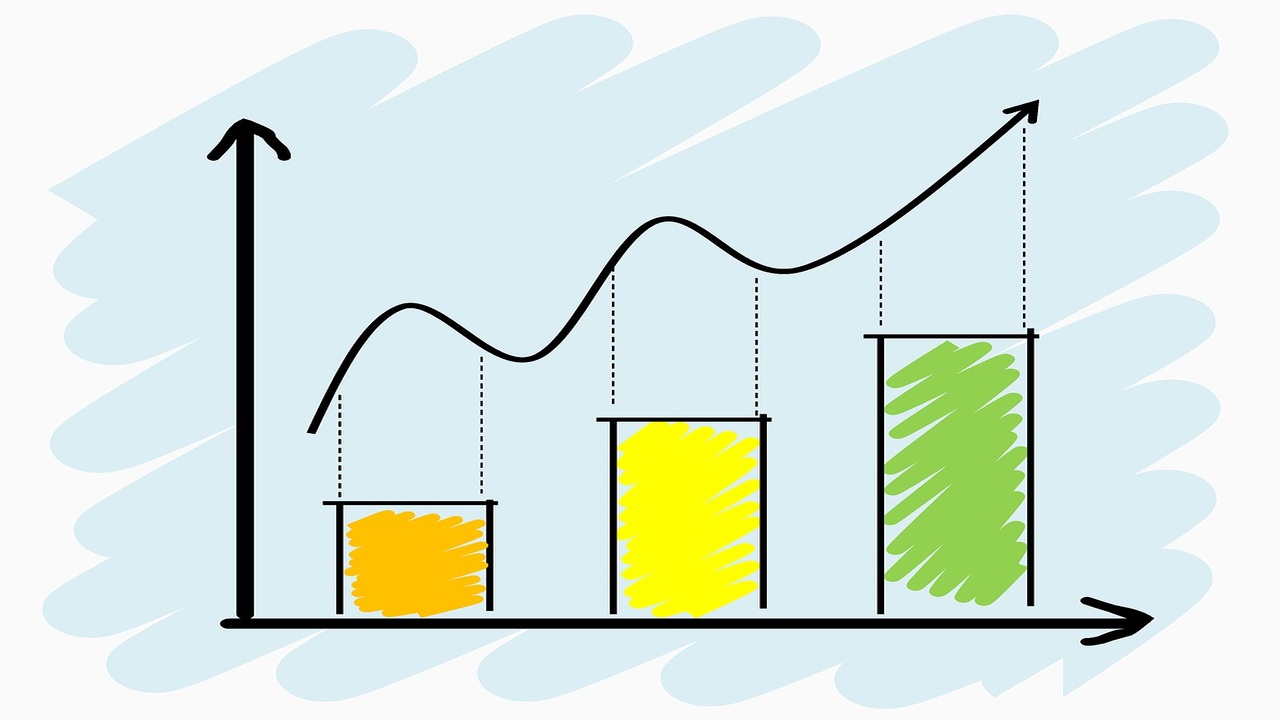On the money market, short-term fixed-income debt securities are tradable. The “money market” is a subset of the “financial market,” which also consists of the “bill market,” “acceptance market,” “call money market,” etc. This article discusses the various types of money market instruments in detail.
Also read different types of foreign exchange market on the similar note for additional research purpose. In money market transactions, trade bills, government documents, promissory notes, and other comparable instruments are use instead of cash. Transactions in the money market require formal documents, oral or written communication, or both. Participants are able to trade their funds for short-term loans. This sector of the economy comprises banks, institutional investors, and private investors.
Money Market Instruments Definition
The term “money market instrument” refers to a financial market securities where assets having a one-year maturity or less are tradable. Money markets are frequently refer to as inter-bank markets. Bills and securities are accessible in abundance.
On the money market, numerous instruments are tradable at NASDAQ, NSE, and BSE, among others. Treasury bills, commercial paper, certificates of deposit, and repurchase agreements are examples. Because of the liquid nature of the underlying securities, the money market is a secure place to invest.
Money Market Devices are the numerous devices and tools utilize on the money market. These securities aid both borrowers and lenders in meeting short-term obligations. Money market instruments include “Banker’s Acceptance,” “Treasury Bills,” “Repurchase Agreements,” “Certificates of Deposit,” and “Commercial Papers.”
Top 10 – Types Of Money Market Instruments
Borrowers (issuers) in need of quick financing and lenders (investors) wanting similar short-term, fixed returns. Some of the types of money market instruments are as following:
Money Market Funds
Wholesale money market players lend and borrow between $5 million and $1 billion every transaction. This market is private. Mutual funds that combine these items are advantageous for individual investors. The NAV of these ETFs should remain at $1.
Due to the 2008 financial crisis, one fund dropped below this threshold. Many investors withdrew their money from the funds, limiting their access to riskier assets, while the market erupted in a frenzy.
Commercial Papers (CPs)
To raise market-based capital, highly rated firms issue commercial papers and unsecured short-term promissory notes. Commercial papers mature sooner than conventional promissory notes. Typically, the maturity period for CPs ranges from one day to 271 days.
Popular in Japan, the United Kingdom, the United States, and Australia, Commercial Papers offer greater interest rates but are less secure than Treasury Bills. On the secondary market, active trading of commercial papers occurs.
Eurodollars Types Of Money Market
Eurodollars are dollar deposits held by foreign banks that are not regulated by the Federal Reserve. The Cayman Islands and the Bahamas possess some of the world’s largest eurodollar deposits. Because they pay somewhat higher interest rates than US government debt, money market funds, multinational banks, and massive corporations invest in them.
Agreements for Repurchase (repo)
Repo are short-term loans made between buyers and sellers for the purpose of selling and repurchasing the collateral. Additionally known as a reverse repo or a repo. Such transactions are restrict to parties authorize by the RBI.
Repo and reverse repo transactions are only permitted between RBI-approved parties. Only RBI-approved securities, including treasury bills, government securities, corporate bonds, and PSO bonds, may be exchanged.
Certificate of Deposits (CDs)
When funds are deposit at a bank or financial institution, a CD deposit receipt is issue. There are two differences between certificates of deposit and fixed deposit receipts. CDs are less expensive than records. CDs are also exchangeable at any moment.
The Reserve Bank of India issued CDs in 1989. Since then, their popularity among enterprises with short-term surplus funds has increased. CDs are low-risk investments that offer better yields than Treasury bills and time deposits. The high liquidity of certificates of deposit benefits issuing institutions.
As with Treasury bills, certificates of deposit are issue at a discount and have maturities ranging from seven to twelve months. The rate of interest on CDs and Treasury bills is same. The shortest CD term offered by banks is three months. The programme is open to trusts, corporations, associations, funds, non-resident Indians, and others.
Commercial Bills
Similar to bills of exchange, commercial bills are a common financial instrument in India. The seller issues the buyer a bill of exchange. Commercial bills are bank-approved trade bills. If the merchant is short on funds, the price can be negotiated down.
Treasury Bills
Because they are issue by the government, Treasury Bills are among the most secure money market securities. Treasury bills are investments without risk. Instruments that are risk-free. Their benefits are therefore unwanted.
Treasury notes have three, six, and one-year maturities. These currency is tradable on both the primary and secondary markets. Treasury bills are discounted debt obligations issued by the federal government.
The buyer receives interest equal to the difference between the maturity value of the instrument and the auction-determined purchase price. The Indian government auctions off Treasury bills. The maturities of these bills are 91, 182, and 364 days.
Banker’s Acceptance (BA)
A Banker’s Acceptance, or BA, is a commercial bank-guarantee promise of future payment. Similar to Treasury Bills, Banker’s Acceptances are use in money market funds to provide payback information. Such as the amount to be reimburse, the due date, and the individual to whom the repayment is due. The maturities of Banker’s Acceptance range from 30 to 180 days.
Types of Money Market Accounts
The money market account is a savings account. With some issuers, account holders can make restricted withdrawals and write checks. This is not a feature of all savings accounts. (Government rules place limitations on withdrawals.) When these limits are reached, the account is convert by the bank. Some banks may calculate and credit money market account interest more frequently than monthly.
Money market accounts offer somewhat higher rates of return than savings accounts. Since 2008, the difference in interest rates between savings and money market accounts has decreased. Money market account deposits have an effect on average interest rates. In August 2021, the money market account with the greatest interest rate and the lowest initial deposit paid an annualised 0.56 percent. The FDIC insures the funds in a bank’s money market account, whereas the NCUA insures those in a credit union’s (NCUA).
Call and Notice money
Banks and other financial organizations may get short-term loans to manage cash flow. “Notice money” refers to borrowing or lending cash without security for up to 14 days, whereas “call money” refers to borrowing or lending funds for a single day.
The Goals of Money Market Instruments
The major holdings of short-term debt funds are money market securities. They generate short-term income while maintaining liquidity. Understand the goals of money market instruments first.
Short-term Investments
The liquidity provided by short-term investments benefits both buyers and sellers. The RBI, which controls them, also ensures that the economy has sufficient liquidity.
Utilize your Surplus Funds Wisely
Unused or excess funds can be invest advantageously. Quick funding is advantageous for the borrower. They are flexible. As needed, you can invest additional cash or withdraw smaller quantities.
Satisfy Working Capital Needs
Money market instruments can help organization meet their operational financial needs. Working capital is the amount of cash require to cover a company’s accounts payable and receivable. Working capital is the money a business needs to operate. It is the quantity of money necessary for the success of a business.
Make Choices Regarding Monetary Policy
As a significant percentage of the short-term market, they have an effect on the short-term interest rate. This helps the Reserve Bank of India make judgments regarding long-term interest rates and monetary policy.
Conclusion
The liquidity provided by short-term investments benefits both buyers and sellers. Quick funding is advantageous for the borrower. Different types of money market instruments can help organizations meet their operational financial needs. As a significant percentage of the short-term market, they have an effect on the short-term interest rate. This helps the Reserve Bank of India make judgments regarding long-term interest rates and monetary policy.







